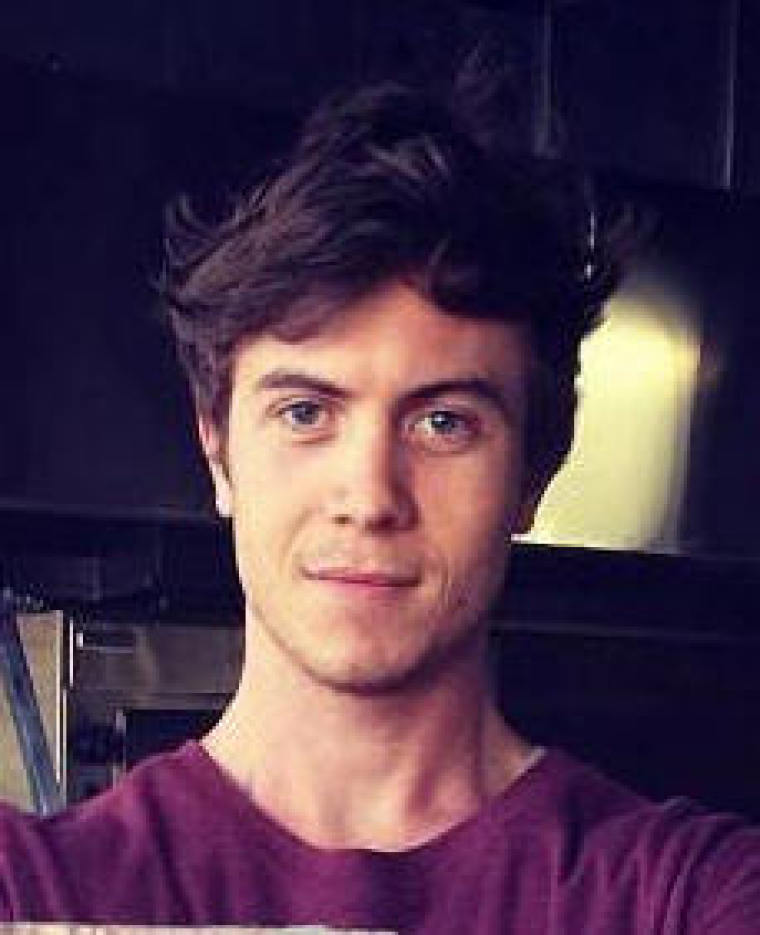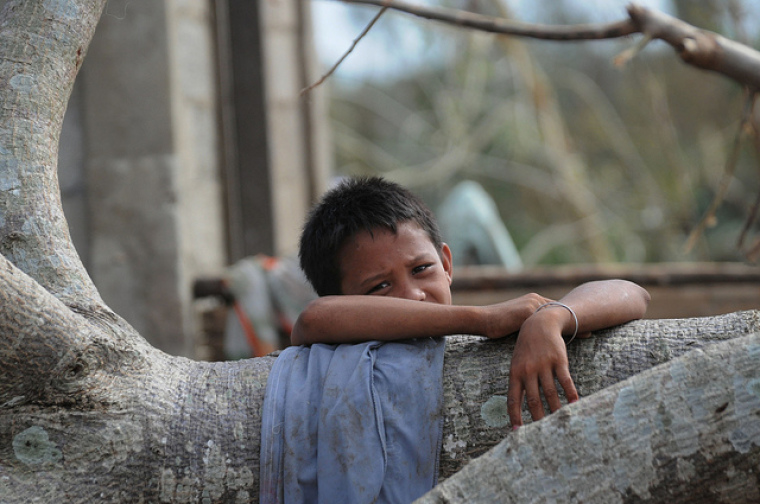

My grandfather died a month ago.
I'm still coming to terms with what that means. He died. For some reason I can say that he died, but I don't feel comfortable saying "he's dead".
It was quite sudden and swift, and although we got to spend time with him, in another sense we didn't get time to say goodbye.
After he died, a neighbour kindly asked about his health. I said "he died". It was the first time I had articulated the fact out loud and it felt like a stranger's words in my mouth.
My grandfather was a great man, both subjectively and objectively. He had decorated involvement in the Australian military, he served in the war as soon as he was old enough and showed leadership and skill. He was an Anglican minister and a missionary to Africa. He travelled by boat into the great unknown of that continent in his 20s to serve for ten years.
He worked in the Anglican church all over Sydney in a variety of roles as minister and bishop. He was a skilled craftsman, lots of the lamps, tables, beds, boxes in our house have his touch or were made entirely by him. But he was also just a great grandad. He loved his kids, he was patient and generous with all his extended family. He gave hours of each day to praying for us and all sorts of other people he supported and cared about.
Any way you looked at it, he was a great man. He saw the big picture and the details, he was wise and funny, he had been far away and invested locally, he knew deep theories and was intensely practical, he was bold and impressive and also gentle and meek. I guess you'll just have to take my word for it, he was a great man, you would have really liked him.
I count it a blessing that until last month I hadn't known death very intimately, it hadn't moved in anyone I've known very well. But all of a sudden here it was, and whatever else you can say about death, it demands to be dealt with.
I remember feeling the terrifying inescapable nature of death. Grandad was dying and none of us could intervene. We couldn't go with him, we couldn't hold onto him - it felt like trying to grab at a beam of light. Utter helplessness. And at the same time, after seeing him 'go', it was like I turned around to realise that we are all 'trapped' in this life.
After we are born, it's as if we have entered a room and let the door close behind us, and from that moment onwards there is only one way out, and it isn't back the way we came. The room is filling with water and the only way any of us will get out is where Grandad was now going.
There is no corner of the world that you can go to hide from death, there is no amount of money you can pay to bargain with it, there is no protective vest, no steel cage of security, no dark cave you can retreat to. Once we are here in this life there is only one way we are going to leave.
And on the one hand that's a fairly pedestrian fact. People have been dying since the beginning, everyone who has ever come before us went that way. But when Grandad died it felt like the first occurrence. It brought those facts right up to my face and filled me with a harrowing realism. For most of our lives we ascent to the reality but without feeling its weight.
In the face of death, the truth about Jesus became all the more visceral too. The gospel has always been a message of life and death. It has always been the hope of life into the fear of death. And far from being a cohesive ideology, trusting Jesus' death was intensely real and practical, it is the only thing of any value. Beside Grandad's hospital bed, trusting Jesus' promise of a resurrection and confidence in the judgment was the only thing of any comfort.
And one day around the time all this happened I was at the beach. It was afternoon and the sun was lowering. As I stood in that water and looked back on the beach the light reflected on the waves in a beautiful haze. It made the whole beach scene cinematic, golden, calm. I was still feeling the weight of all these things, and as I went under the waves and came back up for air I thought about Grandad, going under 'waves' and coming up again. Passing through the water of some reality we have never seen and coming up on the other side to breathe deep lungs of real life.
And as I looked back on the beach from the water I thought how one day we will be in a new creation that will feel as real as that moment did right then. One day I'll physically stand in some equivalent of the beautiful afternoon light, in the clear waters of the ocean, surrounded by happy families and friends. But back on the sand and inland there wouldn't be houses decaying and discord in relationships. There wouldn't be the police van I could see parked up on the road, or a woven metropolis of isolate individuals. There wouldn't be hospitals where loved ones were dying. No graveyards or funerals or days spent in tears.
I reflected that the fact of the matter is that Grandad had gone to be with his Saviour, who is preparing a new home for us. A city saturated in His presence, a land that will fill our lungs with the air of new life.
And if Grandad's life had communicated anything at all to me, it was that this hope in Jesus was true and real. Even in his death, Grandad was prompting me to remember the gospel, to cling tightly to Jesus and to set my compass to that new country. As the bible describes Moses, so too Grandad had "persevered as one who sees Him who is invisible".
And out in the cool water of the ocean, with heavy eyes from days of tears, and a new sense of death's horrible reach, I was comforted to remember it's this world that is the sunbeam, passing through our fingers, fading with the onset of evening, and making way for the new day. And that even though he died, Grandad isn't dead, he's home, and some day we will be too.
Sam Manchester is currently a theology student with an inescapable sociology degree behind him. In an attempt to reconcile the two, he reflects and writes about their coalescence in everyday life.
Sam's archive of articles may be viewed at www.pressserviceinternational.org/sam-manchester.html